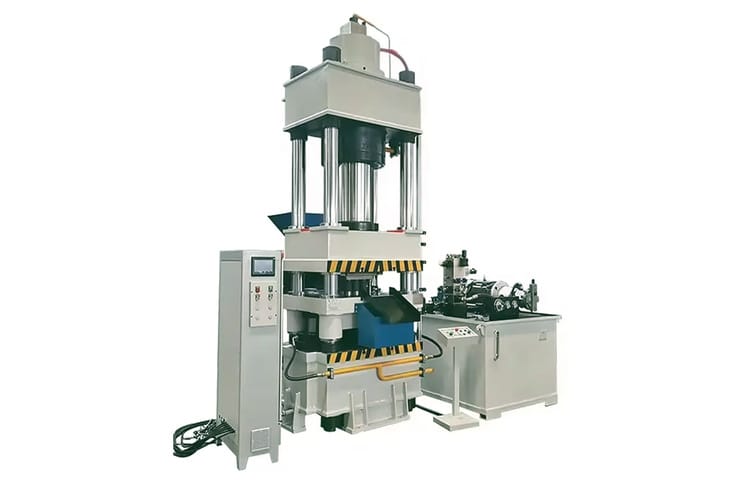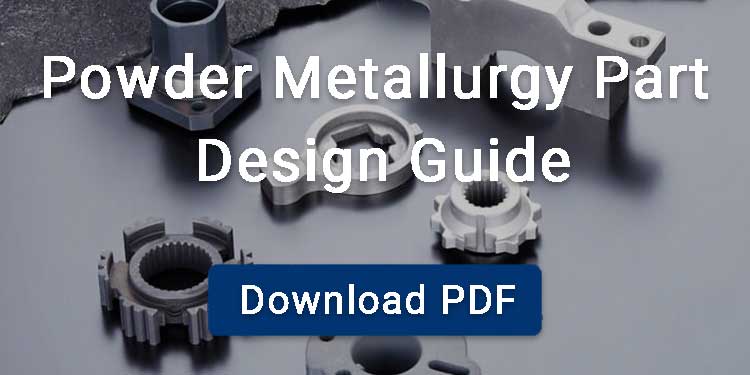The density of powder metal green parts is closely related to compaction. If you want to gain a deeper learn of the pressing process, understanding powder metallurgy presses is a must.
The tonnage of a powder compacting press is related to the pressure of the molding process, the cross-sectional area of the part and the compressibility of the powder.
Currently, the tonnage of powder metallurgy presses ranges mostly from 4 to 1600 tf.
Contents
What is Powder Metallurgy Press?
A Powder compacting press is an axial press. It works with the mold to compacts the metal powder into the desired shape and size.
Powder sizing press plays an important rolein improving the dimensional accuracy of sintered parts. Typically, the sizing press corrects the inner diameter or outer diameter of the components.
Besides, the force applied during sizing process is lower compared to the compaction process. It on fine adjustments rather than primary pressing.
Types of Powder Metallurgy Press
Powder metallurgy presses are divided into the following three types according to drive power.
Mechanical Powder Press
You may know the mechanical press, which is driven by electric motor.
The mechanical press has high stability and uniform pressure, so the batch consistency of the pressed products is high. Moreover, it can produce products with more complex shapes. It has the fastest pressing speed. Simple operation and convenient maintenance are also its advantages. However, the price of the mechanical press is relatively high.

Hydraulic Powder Compacting Presses
The working principle of hydraulic presses is based on the difference in fluid pressure.
Hydraulic presses have these structures:
- Three-beam four-column
- Vertical and horizontal
- Double-beam four-column
- Four-beam four-column
Hydraulic press is suitable for higher products, and its price is lower. However, its speed is much lower than that of mechanical press.

Electric Press
The electric press uses servo motors to drive the punch and die respectively. It has the characteristics of high precision, low energy consumption and fast molding speed.
Parameters of Powder Metallurgy Press
Max Pressing Force
This indicates the maximum force applied by the press during compaction process. It determines the density and strength of the green compact by compressing metal powders within the die cavity. For powder metal parts, the common pressure is 400-800Mpa.
For example, if you produce an iron-based part with a green density of 6.8 g/cm3, the compacting pressure is about 600 MPa. (6 tf/cm2)
Max Ejection Force
When the punches squeeze the metal powder, the powder will exert lateral pressure on the die cavity. Therefore, after pressing, you need to apply an ejection force to eject the parts from the mold. This pressure must eject the product smoothly without damaging it.
Upper Punch Stroke
This parameter defines the maximum vertical distance that the upper punch can travel during pressing. It decides the maximum height to which the powder can be compacted.
Filling Height
Fill height Specifies the maximum height of powder loading that can be placed into the die cavity.
Core Rod Travel
It indicates the distance that a core rod or punch can travel vertically. Core rods are utilized for forming internal features or holes in the compacted powder.
Positioning Accuracy
Positioning accuracy refers to the precision with which the press can control the vertical movement of the punches and core rods. This is important to achieve the desired dimensions and tolerances for the compacted parts.
Powder Metallurgy Press Price
The following configuration of the powder metallurgy forming machine $40,000-45,000.
| Types | Hydraulic Press | Mechanical Press |
|---|---|---|
| Maximum Pressure | 250 KN | 250 KN |
| Maximum Ejection Force | 200 KN | 125 KN |
| Upper Punch Stroke | 150 mm | 110 mm |
| Filling Height | 100 mm | 60 mm |
| Maximum Pressing Stroke | 65 mm | / |
| Maximum Ejection Stroke | 100 mm | / |
| Compacting Speed | 10-25 pieces/min | 10-25 pieces/min |
| Motor Power | 5.7 kW | 5.5 kW |
| Weight | 3.8 ton | 3.5 ton |
PM Press Manufacturer
DORST
Founded in 1860, DORST is a global leader in powder forming presses. They have a branch in Shanghai, China. DORST manufactures a lot of powder forming presses for metal powders and ceramics.
Cincinnati Incorporated
Founded in the 1890s, Cincinnati Incorporated is located in the United States and manufactures metalworking equipment.
They produce a wide range of powder metallurgy presses, including compacting and sizing presses. Besides, their machines are known for high productivity and precision.
Ningbo Huizhong
Established in 2001, Huizhong is a professional supplier of powder compacting press and mechanical sizing press in China. Their equipment is known for its high precision and efficiency.
Conventional powder compacting presses can’t realize side features during compaction process. Isostatic powder press can produce more uniform and complex products, so isostatic pressing is promising in the future.
In addition, the density of conventional powder metallurgy parts is not high. For example, iron-based products typically range between 6.5 and 7.3 g/cm³. If you want to improve the density of the green part, a higher-pressure powder metallurgy press is necessary.





